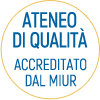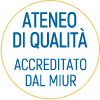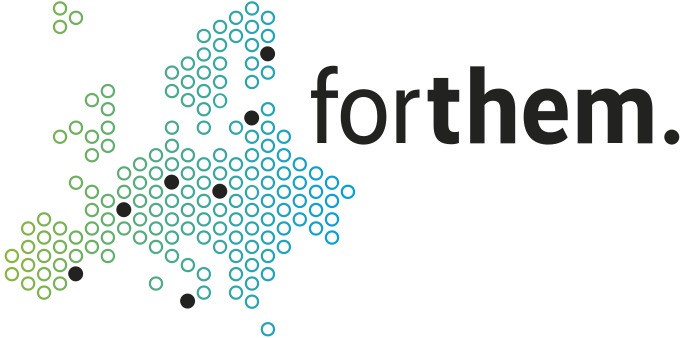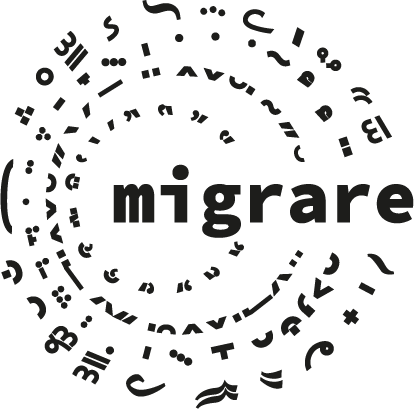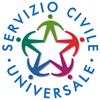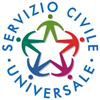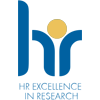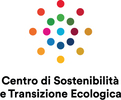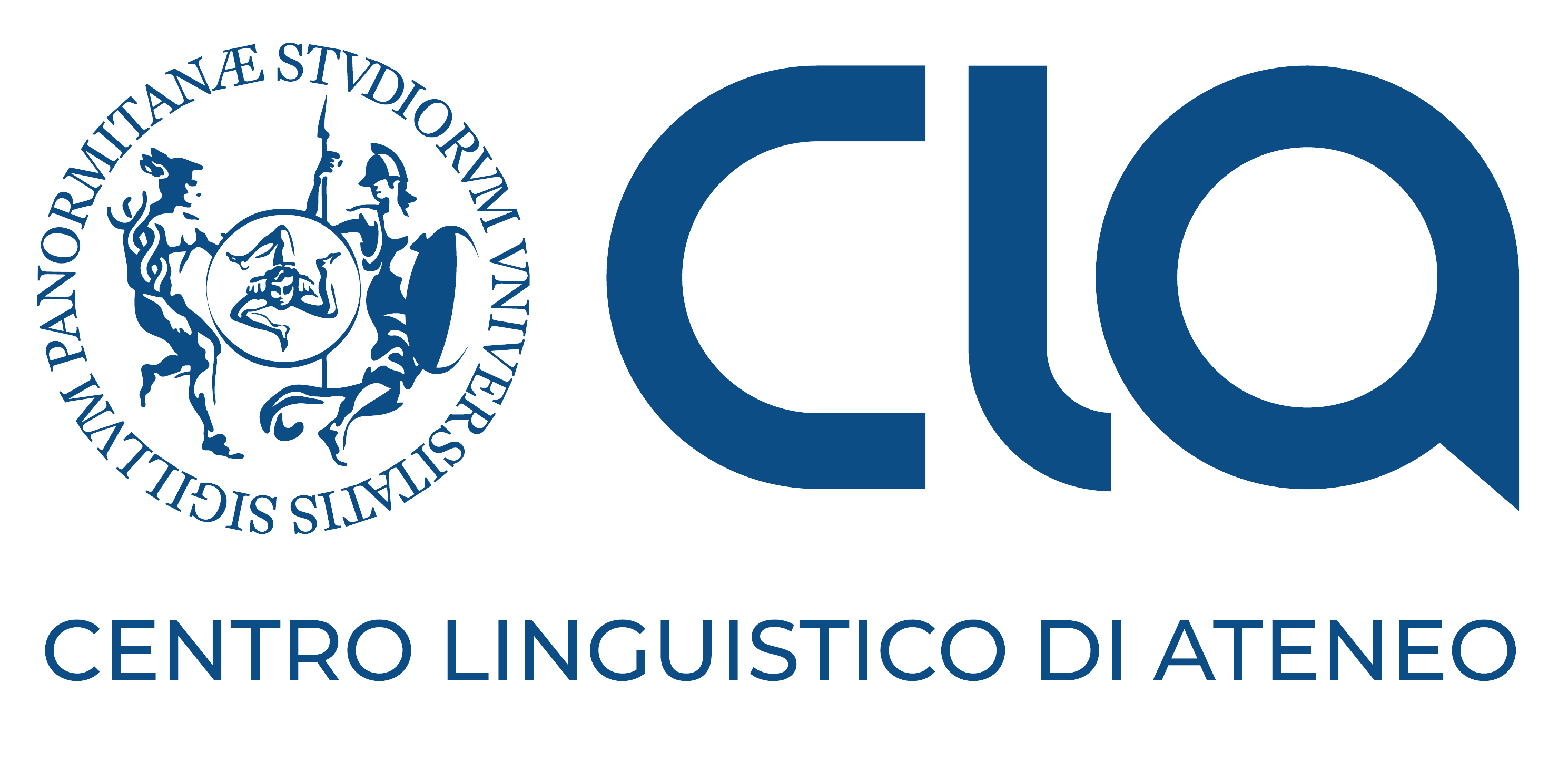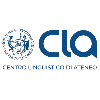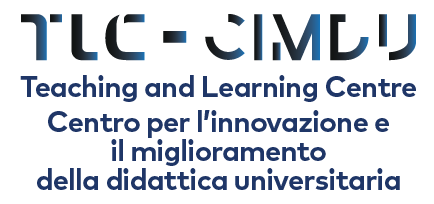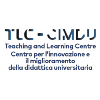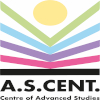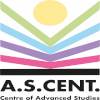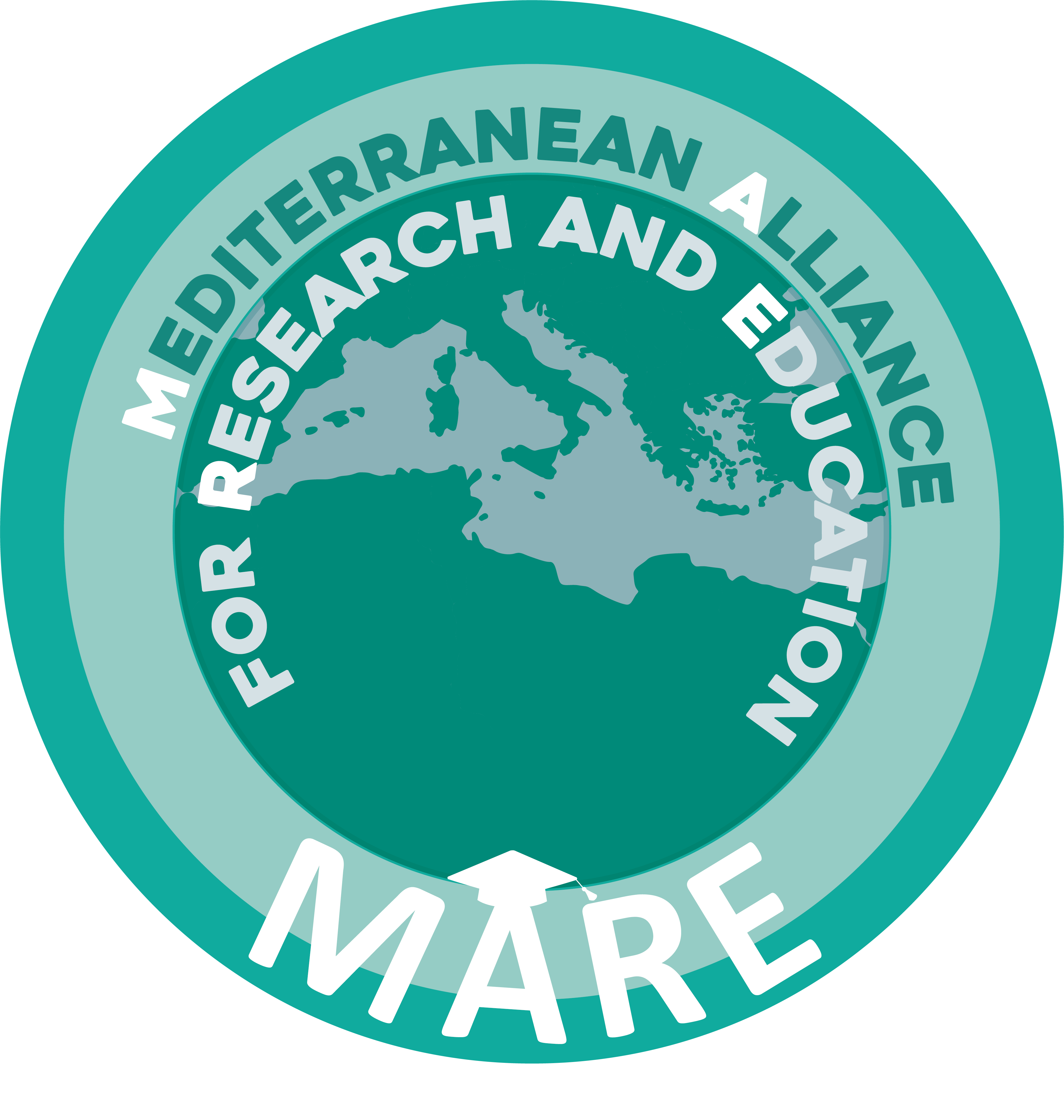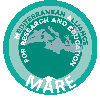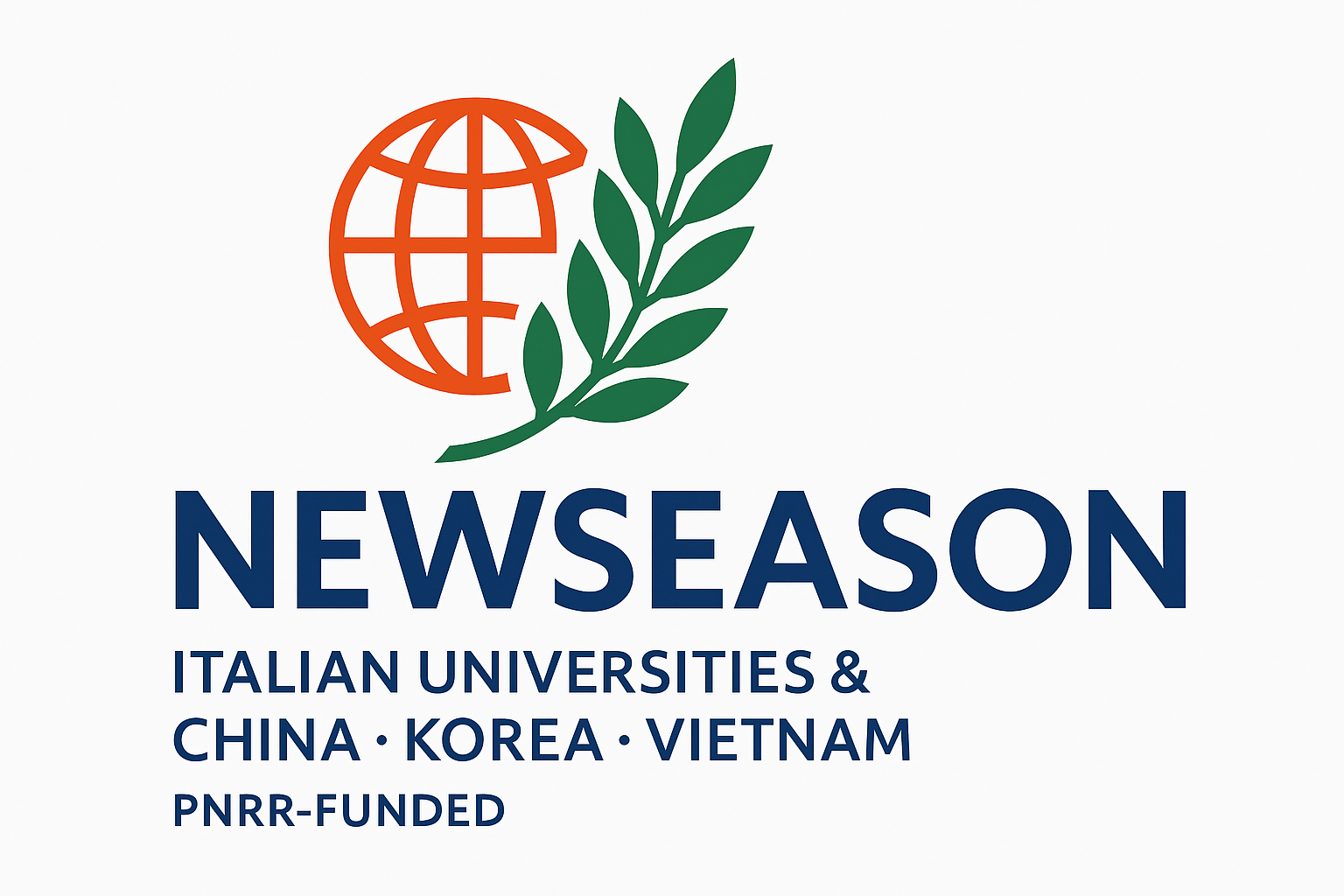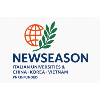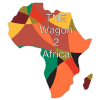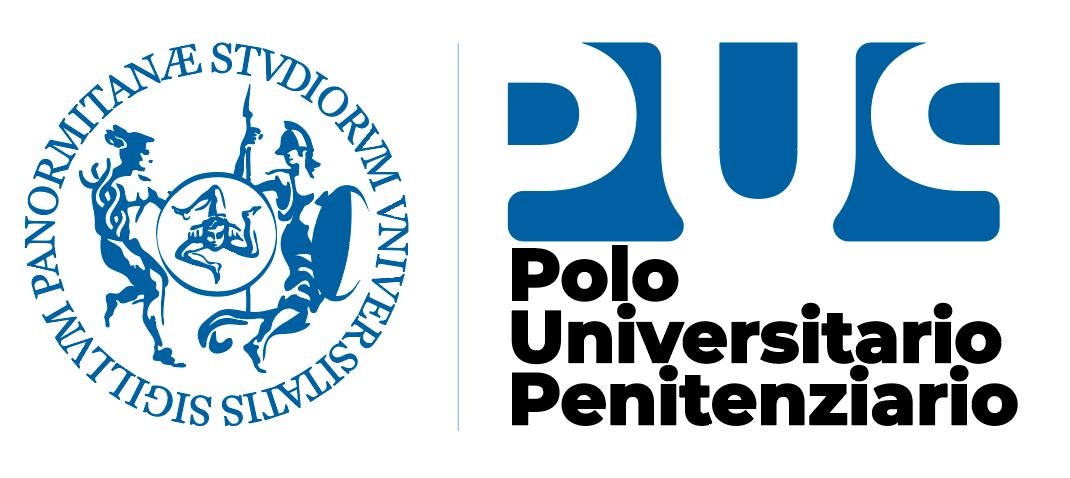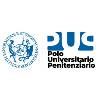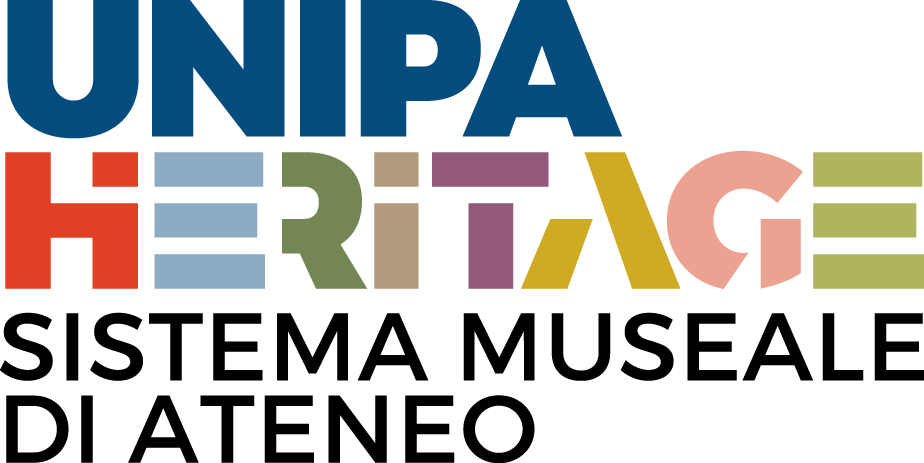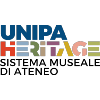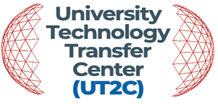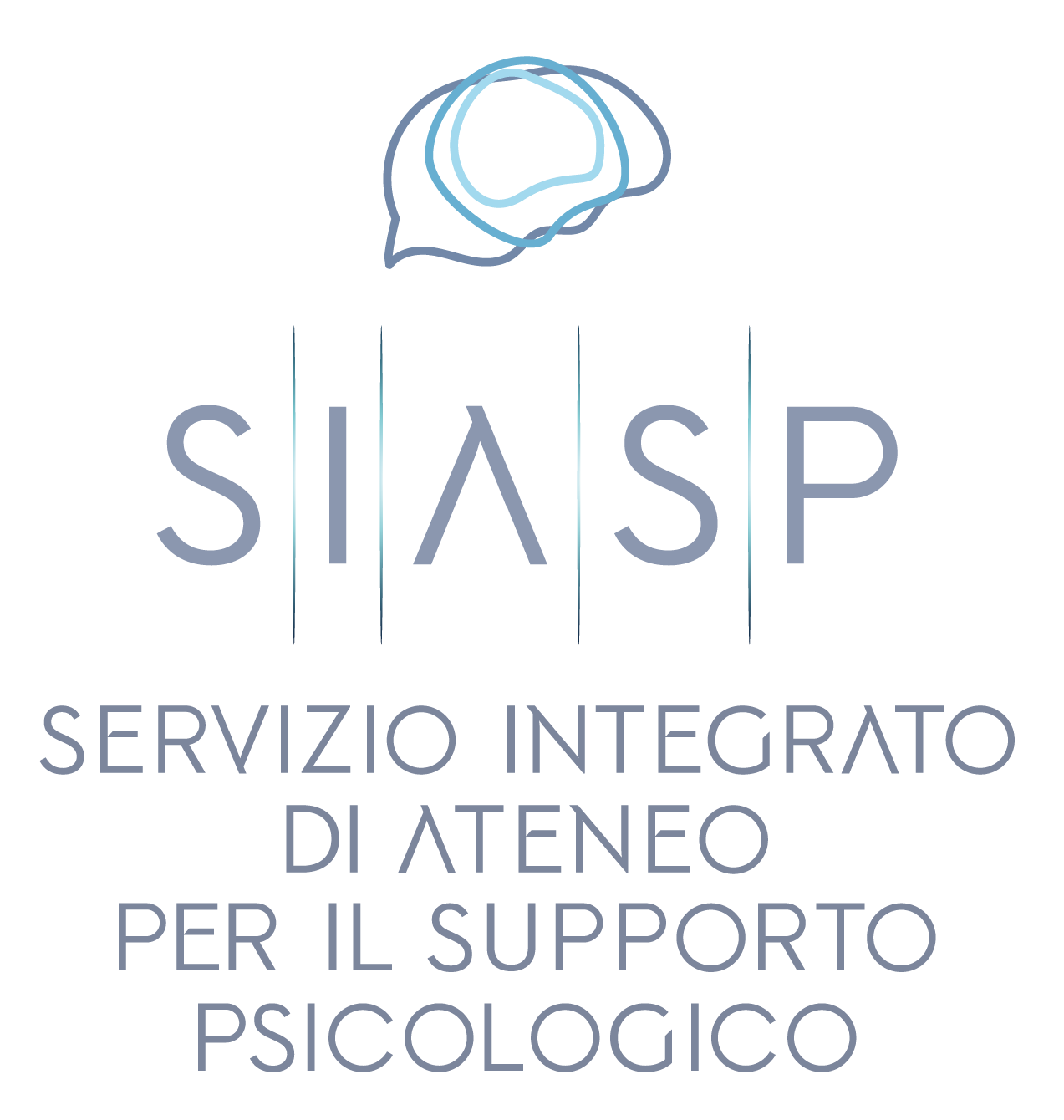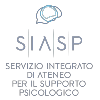¤ - Doctoral Programme in Migrations, Differences, Social Justice - MI.DI.GI - (ENG)
Project description
The Doctoral Programme in Migrations, Differences, Social Justice (MI.DI.GI) is part of the Doctoral School of the University of Palermo. The School promotes and coordinates cross-disciplinary initiatives that aim to enhance doctoral training and support both personal and professional development in an interdisciplinary and international environment. MI.DI.GI is one of the 35 schools’ programs, defining its specific focus by exploring the diverse forms of mobility and migration that shape and transform contemporary societies.
Migration influences all dimensions of social life—particularly population dynamics, economic systems, education and culture, political processes and institutions, legal and healthcare frameworks, urban and territorial contexts, and geopolitical relations. MI.DI.GI responds to this complexity by fostering interdisciplinary inquiry into migration and by encouraging critical analysis of the social processes associated with mobility, using culturally informed perspectives and solid methodological frameworks.
In this light, comparative investigations—both diachronic and synchronic—carried out in areas of origin, transit, and settlement, are considered central to the program. Such studies aim to document individual and collective trajectories, experiences, and aspirations, contributing to the rethinking of national and international migration policies and the transformation of the relationship between new residents and public institutions.
Research on migration and the social changes it entails draws on both quantitative and qualitative approaches. The following thematic areas are central to the program:
- Narrative and educational models: difference, otherness, subject formation; representations in public discourse and schooling systems; migration memories.
- Vulnerability: global health disparities, dynamics of spatial exclusion, consequences of climate change, and practices of food self-sufficiency.
- Cultures of migration: sociocultural models of mobility rooted in contexts of origin; interactions between environmental and social dimensions; rights and constraints linked to movement; political and economic implications of mobility and immobility.
- Population dynamics: demographic trends in migratory contexts; generational outlooks; kinship and family networks; transnational households; demographic effects of forced migration and refugee movements.
The programme supports research projects, academic cooperation, and exchange with international centres—particularly those located in the Global South—as well as with organisations, activists, and artists. These collaborations play a vital role in generating new perspectives and narratives that deepen the understanding of migration experiences. The 2025/26 programme was developed through consultation with Italian and international experts from universities, research institutions, cultural and social organisations, and the business world, along with input from doctoral candidates from previous cohorts. These contributors also participate in seminars and workshops organised by the Doctoral School, the programme itself, and the University Center for Migration.
Interdisciplinary preparation is ensured through a variety of training opportunities offered by the University’s Doctoral School, affiliated programs, and non-academic stakeholders. Interaction with these external actors also occurs during the annual Career Day, organised by the University and the Doctoral School, where doctoral candidates present their research outcomes. Attendance at this event is recorded and monitored as an important indicator of participation.
Curriculum Structure
The curriculum includes:
- Four intensive one-week training modules held seasonally (Autumn, Winter, Spring, and Summer School);
- Year-specific pathways composed of disciplinary and interdisciplinary seminars—some of which are designed by the doctoral candidates themselves.
Coursework is concentrated in the first and second years. In the third year, credit accumulation (CFU) is based on individual academic choices, allowing candidates to deepen their research through seminars offered by the Doctoral School of the University of Palermo and its national and international partner institutions. Throughout the programme, doctoral candidates actively contribute to the development of its communication strategy—also in coordination with other doctoral initiatives—by employing diverse platforms and media.
The MI.DI.GI. Doctoral Programme is open to both Italian and international applicants from any academic background.
Course Objectives
The MI.DI.GI. Doctoral Programme prepares researchers and professionals with advanced expertise in migration studies across a wide array of disciplinary fields, including literary, linguistic, anthropological, geographical, sociological, demographic, legal, medical, historical, and environmental studies. Migration, as a complex phenomenon shaped by both historical legacies and contemporary forms of mobility, demands integrated and interdisciplinary approaches.
The programme is designed by a diverse academic faculty with transnational expertise and strong engagement in local contexts. It promotes the development of advanced, context-sensitive models for both research and intervention, with the overarching goal of preparing scholars and professionals with a global, critical perspective on migration. Graduates will be equipped to connect multiple areas of knowledge, conduct ethnographic and empirical research, and critically engage with structural inequalities and social violence.
Doctoral candidates are expected to acquire a thorough understanding of the social, political, and cultural dynamics that generate, accompany, and result from migratory processes. Particular attention is paid to intersectional forms of discrimination—based on race, gender, language, and religion—and to emerging patterns of exclusion. Depending on individual research foci, these dynamics may be investigated across departure, transit, and arrival contexts, as well as within the broader networks linking these spaces—before, during, and after migration.
The programme also trains professionals capable of responding to the multifaceted demands of institutions involved in the formulation and implementation of migration policies. Participants will develop advanced interdisciplinary skills and the capacity for multidimensional analysis, integrating ethnographic, qualitative, and quantitative methods. Special emphasis is placed on understanding social transformations from the perspective of individuals and communities directly affected by migration. In the qualitative domain, the programme prioritises immersive, medium- to long-term fieldwork involving active engagement with stakeholders. In the quantitative domain, training includes demographic analysis, population studies, and spatial analysis using Geographic Information Systems (GIS).
Graduates will be equipped to apply theoretical and methodological tools in academic, institutional, organisational, and service-based contexts. They will be prepared to work across a range of sectors affected by migration, including healthcare, law, education, social services, communication, intercultural relations, and linguistic mediation. Particular attention is given to developing advanced communication skills—both in Italian and other languages—enabling effective engagement across professional, academic, and non-specialist settings. Students will learn to critically assess migration-related phenomena, integrate diverse stakeholder perspectives, and communicate with individuals who have lived migration experiences.
The programme fosters both independent and collaborative research, preparing candidates to lead complex projects with academic rigour and a strong sense of social responsibility. It welcomes applicants committed to pursuing interdisciplinary and socially impactful research in the field of migration, regardless of their disciplinary background.
Career and Professional Opportunities
Graduates of the MI.DI.GI. Doctoral Programme will be qualified to design, manage, and evaluate projects aimed at the emancipation and empowerment of individuals affected by migration. They will possess strong communication skills and the ability to work across a wide range of professional sectors. Whether operating independently or as part of a team, graduates will be able to lead initiatives with competence, responsibility, and critical awareness.
The doctoral training prepares candidates for employment in both public and private research institutions, as well as in organisations and agencies engaged with migration-related issues at local, national, and international levels. These include artistic and cultural institutions, NGOs, and private entities involved in the planning or evaluation of migration-related projects. Graduates will also be well-positioned to contribute to the development of reception policies and strategies aimed at mitigating socio-spatial inequalities.
The programme further equips researchers with advanced competencies in the study of climate change, with specific attention to soil and water conservation. Another key area of professional application is education and teacher training. By moving beyond traditionally national or Eurocentric frameworks, the programme promotes the adoption of plural and integrated epistemological models, thus making migration and circulation central—not peripheral—components of educational and research practices. Graduates will be able to apply these perspectives to reframe their disciplinary and professional work, contributing to meaningful interventions in social reality.
Through this approach, the MI.DI.GI. Doctoral Programme fosters the capacity to interpret the complexities of contemporary society and to generate transformative knowledge and practice across academic, institutional, and applied fields.




